Assisted reproductive technology has revolutionized the field of reproductive medicine, enabling couples struggling with infertility to fulfill their dreams of parenthood. One such groundbreaking technique is the creation of test tube babies, also known as in vitro fertilization (IVF). This method involves the fertilization of eggs outside the woman's body, in a laboratory dish, before transferring the embryos back into the uterus. This article aims to explore the history, process, ethical concerns, and success rates associated with test tube babies.
The concept of test tube babies was first introduced by British scientists, Robert Edwards and Patrick Steptoe, in the late 1970s. Their pioneering work led to the birth of Louise Brown, the world's first test tube baby, on July 25, 1978. Since then, IVF has become a widely accepted and successful method of assisted reproduction, with millions of babies born worldwide through this technique.
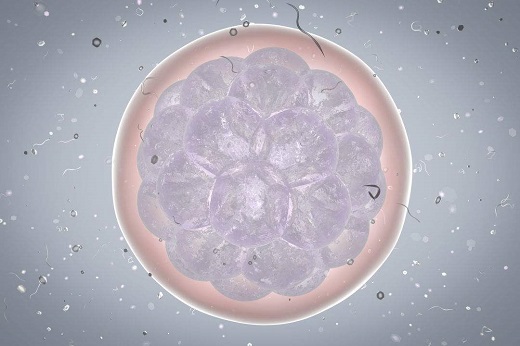
The process of creating test tube babies involves several steps. Firstly, the woman undergoes hormonal stimulation to produce multiple eggs instead of the usual one egg per menstrual cycle. These eggs are then retrieved through a minor surgical procedure called egg retrieval. Meanwhile, the male partner provides a semen sample, which is processed to isolate the healthiest and most motile sperm.
Next, the retrieved eggs and sperm are combined in a laboratory dish, allowing fertilization to occur. This step is crucial as it mimics the natural process of conception that takes place in the fallopian tubes. The embryos are then cultured in a controlled environment for a few days to allow them to develop and reach a suitable stage for transfer.
Finally, one or more embryos are transferred into the woman's uterus through a thin catheter, usually guided by ultrasound. The woman may be prescribed hormonal medications to support the implantation and development of the embryos. A pregnancy test is performed approximately two weeks later to determine if the procedure was successful.
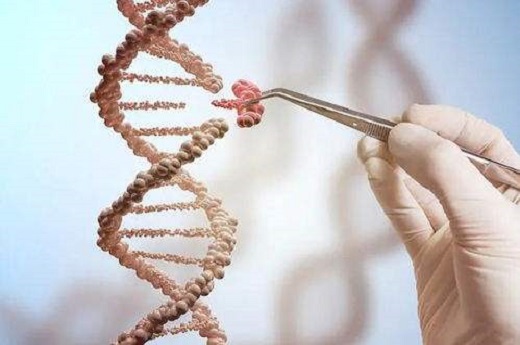
The creation of test tube babies has raised various ethical concerns. Critics argue that IVF interferes with the natural process of conception and may lead to the creation of surplus embryos, which can raise questions about their fate. Additionally, there are concerns about the potential physical and emotional risks associated with the procedure for both the woman and the resulting child.
However, proponents of IVF argue that it offers hope to couples who would otherwise be unable to conceive. They emphasize the importance of reproductive autonomy and the right to pursue parenthood through any means available. Strict regulations and guidelines have been established to ensure the ethical practice of IVF and the responsible use of reproductive technologies.
The success rates of IVF have significantly improved over the years, thanks to advancements in technology and techniques. Factors such as the woman's age, the quality of the embryos, and the experience of the fertility clinic can influence the chances of a successful pregnancy. On average, the success rate of IVF ranges from 30% to 50% per cycle, with higher success rates observed in younger women.
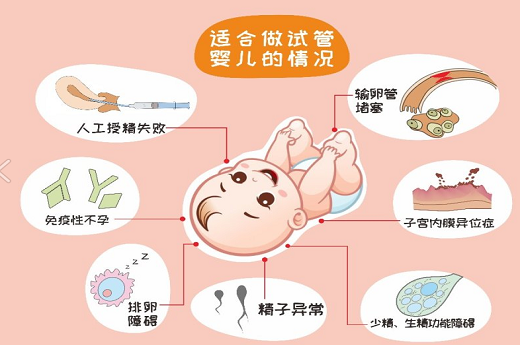
It is important to note that IVF may not be successful on the first attempt, and multiple cycles might be required to achieve a pregnancy. However, the advancements in IVF have given hope to countless couples, and the joy of holding a long-awaited baby in their arms outweighs the challenges faced during the process.
In conclusion, test tube babies, or in vitro fertilization, have revolutionized the field of assisted reproductive technology. This technique has provided hope and fulfilled the dreams of parenthood for countless couples worldwide. While ethical concerns exist, strict regulations and guidelines ensure the responsible use of IVF. With improving success rates and ongoing advancements, test tube babies continue to pave the way for a brighter future in reproductive medicine.
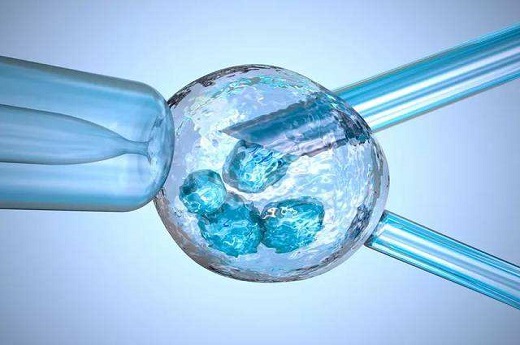
移植试管婴儿是一种辅助生殖技术,对于许多不孕不育夫妇来说,是实现生育梦想的希望。在进行移植试管婴儿前,饮食的调整和营养的摄入都非常重要,因为合理的饮食可以提高受孕的机会和胚胎的质量。下面为您介绍一些在移植试管婴儿前应该吃的食物。 1. 富含蛋白质的食物 蛋白质是

COH是什么意思?——试管婴儿中的卵巢刺激 试管婴儿(In vitro fertilization,简称IVF)是一种现代生殖技术,通过将卵子和jz在体外结合,培养成胚胎,然后将胚胎移植到母体子宫中,实现妊娠和分娩。在试管婴儿过程中,COH是一个非常重要的环节。COH是卵巢刺激(Controlled O
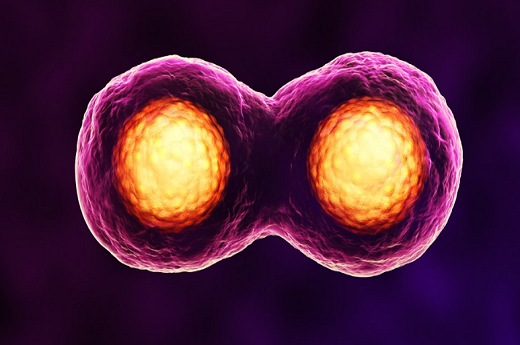
试管婴儿报喜方式 试管婴儿是一种辅助生育技术,旨在帮助那些因生理或其他原因无法自然怀孕的夫妇实现生育梦想。当试管婴儿成功后,夫妇们通常会想方设法地与亲友分享这个好消息。下面是一些试管婴儿报喜的方式。 1. 社交媒体分享 社交媒体已经成为了人们分享生活中各种好消息
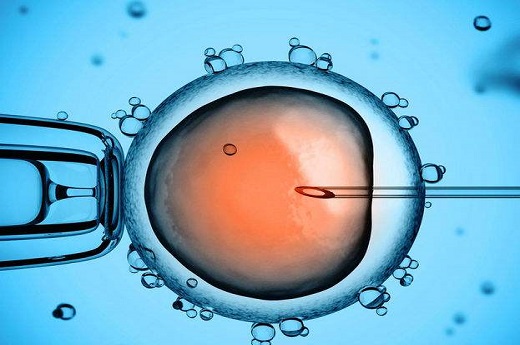
二胎试管婴儿条件是什么意思? 试管婴儿是通过辅助生殖技术将受精卵在体外培养并移植到母体中的过程。随着社会的发展和人们对生育权利的认识不断提高,越来越多的夫妇选择二胎试管婴儿来实现他们的家庭梦想。进行二胎试管婴儿并不是每个夫妇都适合的,有一些条件需要满足。本文
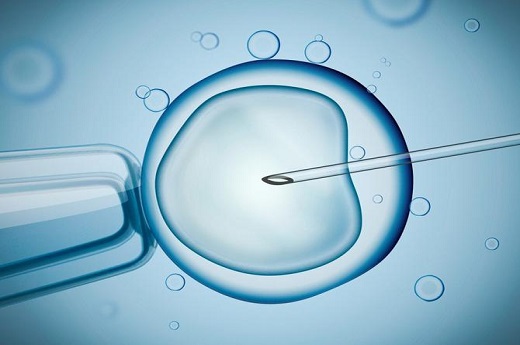
试管婴儿前需要做些什么呢? 试管婴儿技术是一种辅助生殖技术,可以帮助那些无法自然怀孕的夫妇实现生育梦想。在进行试管婴儿前,有一些准备工作是必要的。下面我们将详细介绍试管婴儿前需要做些什么。 1. 寻找合适的医生和生殖中心 寻找一位经验丰富的生殖专家医生和一家信誉良好
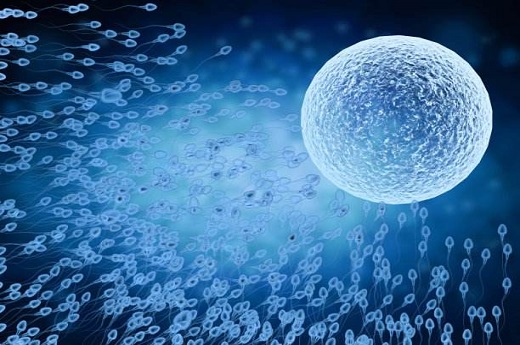
试管婴儿是指通过体外受精技术(IVF)或其他辅助生殖技术,在实验室中受精并培养出胚胎,然后将胚胎植入母体子宫中发育成婴儿。由于试管婴儿的胚胎在实验室中培养,可能会导致一些健康问题,其中之一就是血脂低。血脂低可能会影响婴儿的发育和健康,因此需要采取一些措施来补
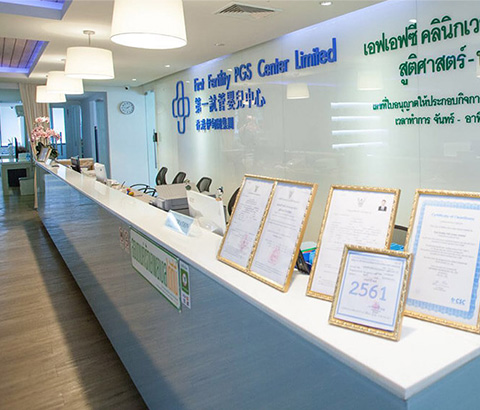
泰国第一试管婴儿中心位于曼谷市中心四季酒店附近,占地1500平方米,是曼谷大型的泰国试管婴儿医院专科诊所之...
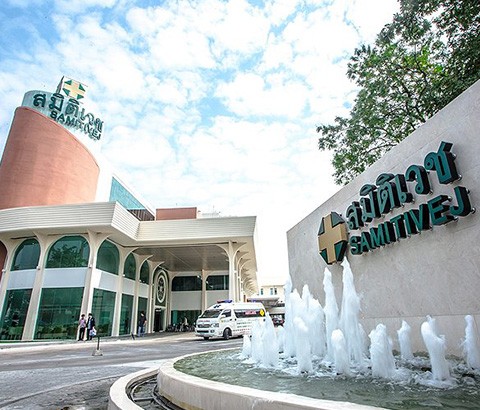
泰国三美泰医院成立于1979年,是泰国同行业中出于领先地位的私立医院集团。其中的总院三美泰素逸坤医院,位于...

泰国威它尼医院是一所在泰国领军的泰国试管婴儿医院,同时面向本地和国际病患。自1994年成立以来,一直提供更...

泰国康民国际医院,泰国试管婴儿医院创立于1980年,2002年首获全亚洲第一个JCI国际医疗认证。位于泰国曼谷的核...